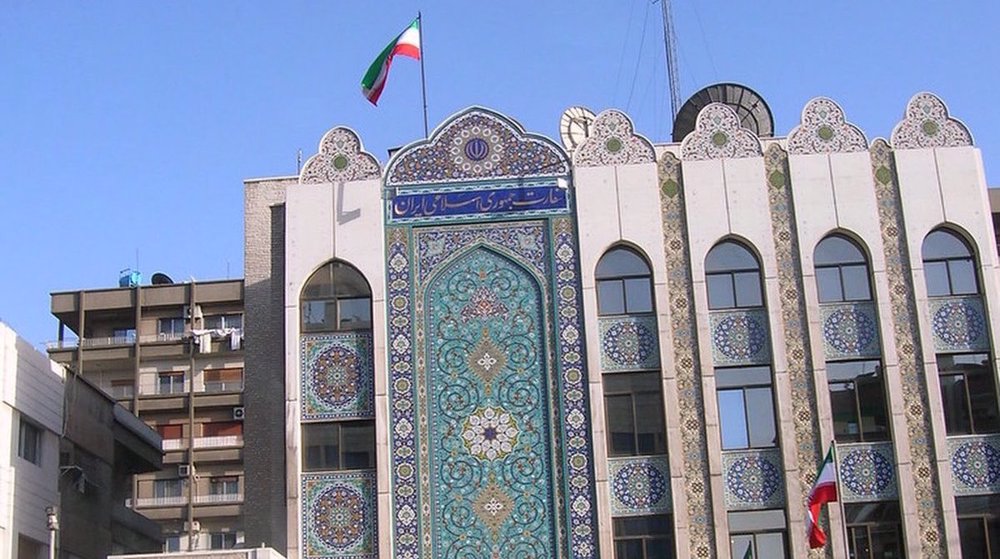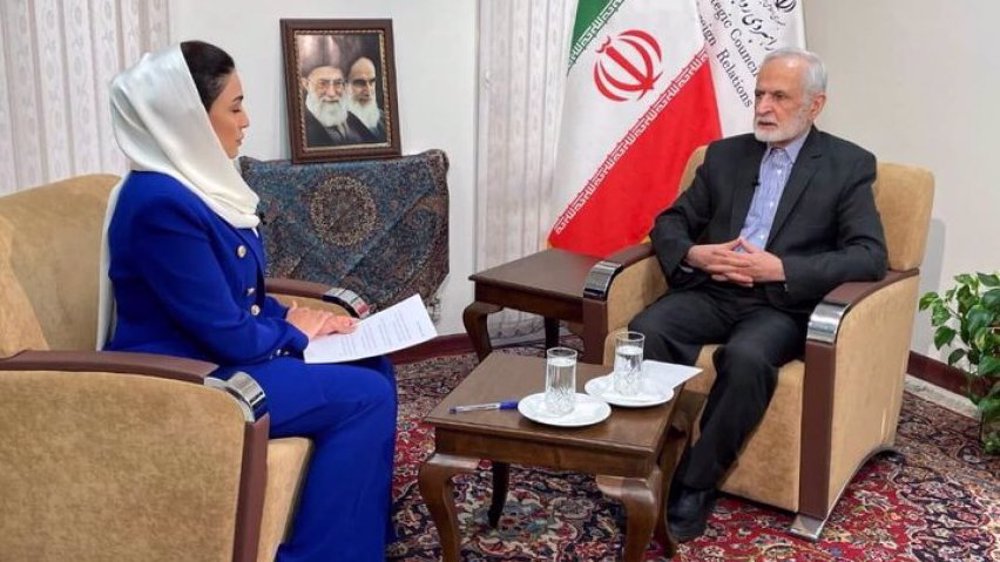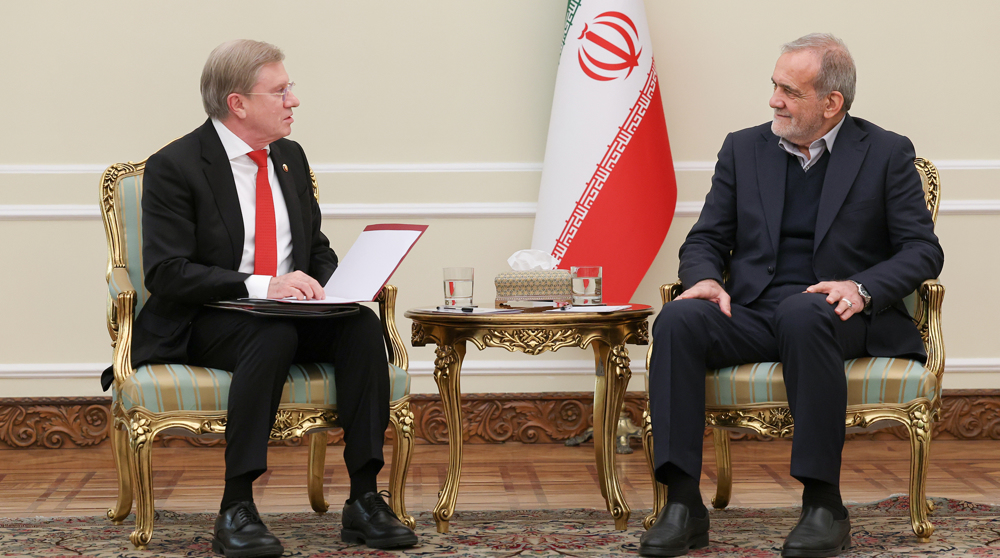EU, Russia, China rally behind Iran deal ahead of Trump speech
The EU, Russia and China have called on the US to maintain its commitment to the Iranian nuclear deal, which President Donald Trump is expected to declare no longer in America's interest.
"We believe this deal is important to ensuring the international nuclear nonproliferation regime and regional peace and stability. We hope all parties can continue to preserve and implement this deal," China's Foreign Ministry spokeswoman Hua Chunying said Friday.
EU foreign policy director Federica Mogherini and German Foreign Minister Sigmar Gabriel held phone talks with Iran’s Foreign Minister Mohammad Javad Zarif, saying Europe will respect its side of the deal as long as Tehran honors its obligations.
Both Mogherini and Gabriel acknowledged that Iran had fully lived up to its commitments under the Joint Comprehensive Plan of Action (JCPOA) as the nuclear accord is called, the state news agency IRNA reported.
They also said Iran should be allowed to benefit from the economic dividends of the deal reached with the US, the UK, France, Russia, China and Germany under which sanctions were lifted against Tehran.
Gabriel said on Thursday Trump’s reported plans to “decertify” the nuclear deal was alienating Washington’s European allies and pushing them towards Russia and China.
Read more:
Russian Foreign Minister Sergei Lavrov also held a phone conversation over the agreement with his American counterpart Rex Tillerson, Russia’s TASS news agency reported.
“Lavrov drew attention to the fact that Tehran abides by all its commitments on the JCPOA and stressed that the other co-authors must adhere to the document,” Russia’s Foreign Ministry said of the conversation.
Separately, Lavrov expressed doubt about the legal basis for the US to withdraw from the nuclear deal.
Lavrov, who was attending a joint press conference with the visiting Minister for External Affairs of Burundi Alain Aime Nyamitwe in Moscow, said the JCPOA had been “approved by the UN Security Council resolution” and is “subject to mandatory implementation.”
He said he did not know “what will be announced by the Americans,” but “given the status of the agreement, it is difficult to imagine how it is possible legally withdraw from it.”
Under the US law, the American government must verify to Congress every 90 days that Iran has been in compliance with the deal. It has done so twice so far.

If Trump refuses to certify the deal, the Congress will have 60 days to decide whether to restore the sanctions against the Islamic Republic that the US has agreed to waive.
Trump has been critical of the agreement since he started campaigning for 2017 presidency. He has called it “the worst deal ever” and an “embarrassment” to Washington.
No other party to the agreement has vilified the deal, which the EU and the United Nations consider as a triumph for international diplomacy.
Israel provides full support for theft of aid to starve Gazans: Report
'Israel booby-trapped walkie-talkies, pagers years before Lebanon blasts'
Gaza Health Ministry calls for urgent intl. help to protect hospitals amid Israeli genocide
Stakes involved in Iran’s partnership with Eurasian Union
VIDEO | Press TV's news headlines
Iran says ‘ready’ to reopen embassy in Syria, holds talks with Damascus
VIDEO | 12 people killed in ammunition factory blast in northwest Turkey
Iraq’s PMU masses resistance forces on border with Syria amid mounting concerns













 This makes it easy to access the Press TV website
This makes it easy to access the Press TV website